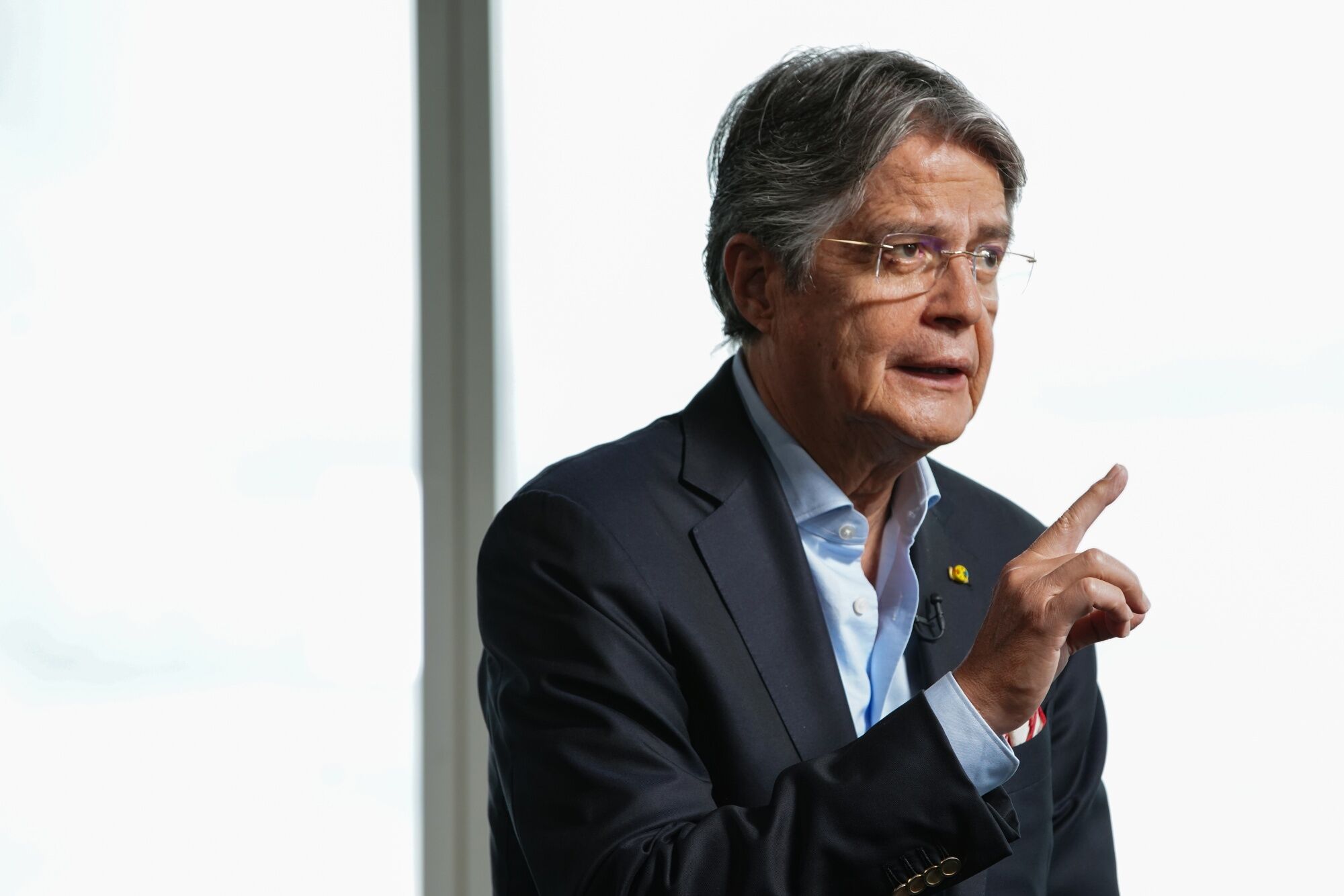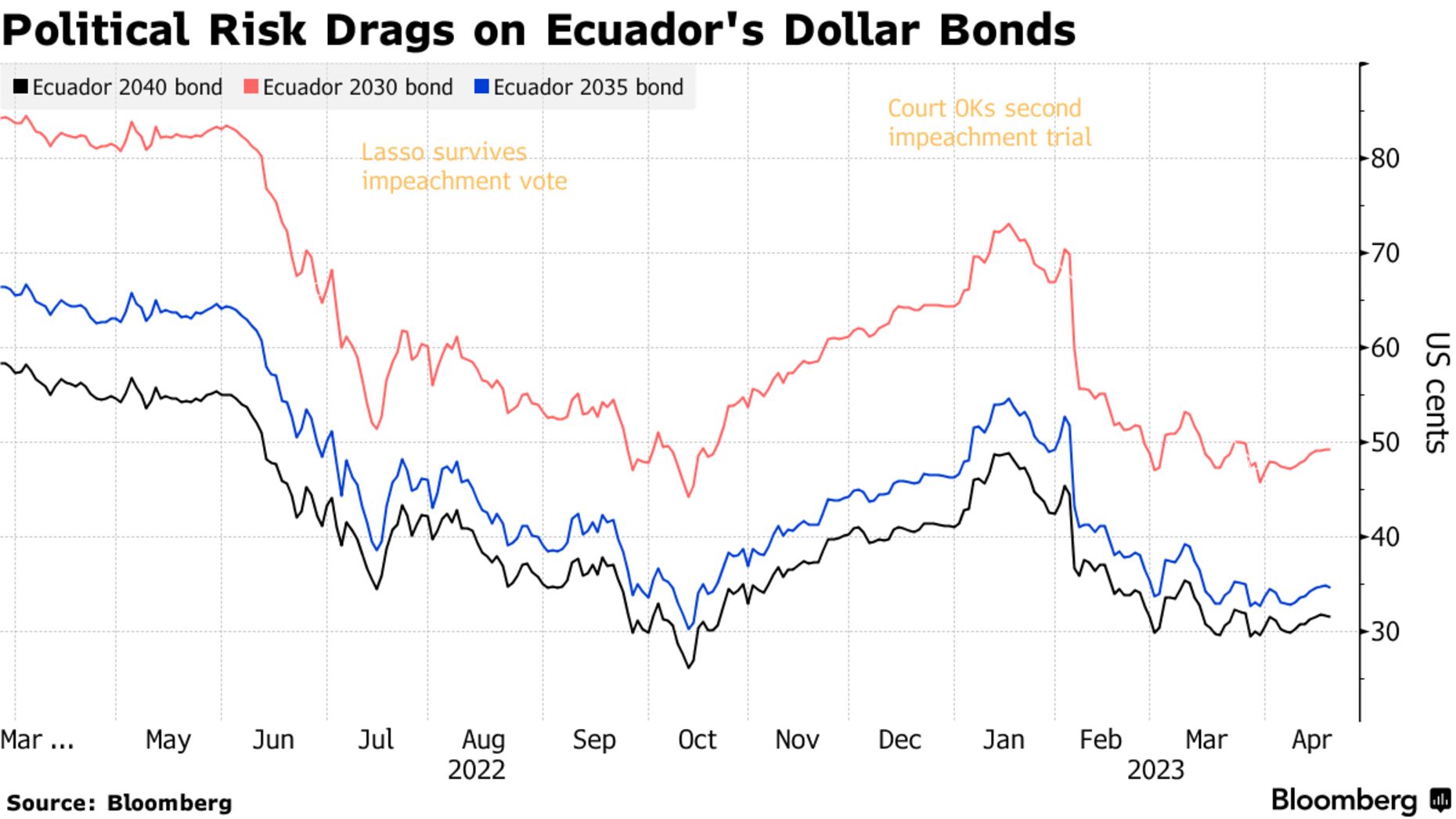Russia, Bolivia Dump US Dollar And Agree Trade Increases
The Russian Foreign Minister, Sergey Lavrov is on a Latin American tour and has been meeting with the Brazilian President and Foreign Ministers. Catching up with his Bolivian counterpart Rogelio Mayta in the Venezuelan capital Caracas, Lavrov and Mayta have introduced a new trade transaction system to drop the US dollar and Euro and carry out international commercial transactions using the Russian Ruble and the Bolivian Boliviano instead.
Mikhail Ledenyov, the Russian ambassador to Bolivia, stated that “Financial operations can now be carried out using national currencies. Direct correspondent accounts in Rubles and Bolivianos were opened between Gazprombank and Union, the largest Bolivian state-owned bank.” This modality of international trade is possible thanks to agreements that monetary authorities reached after holding several virtual meetings last year.
Lendenyov said that this facilitates the work of Russian companies in the Andean market.
The diplomat also mentioned that Bolivian companies are interested in exporting tropical fruits, soybeans, wine, alcoholic beverages, coffee, lithium, tin, gold and silver to Russia.
To achieve this goal, they are intensifying consultations with the embassy to establish direct contacts with Russian companies.
Current bilateral trade is running at about US$120 million per annum with Russia exporting the bulk of this. However, Moscow is on the lookout for new agricultural partners meaning Bolivian exporters now have the opportunity to increase their share.
The main products that Russia exports to Bolivia are Vaccines, blood, antisera, toxins and cultures, Refined Petroleum, and Packaged Medicaments. The main products that Bolivia exports to Russia are Carbonates, Inorganic Salts, Coconuts, Brazil Nuts, and Cashews. Bolivia also has the world’s largest lithium reserves, a key component in battery manufacturing. China’s EV auto industry is already active in Bolivian lithium mining.

“I hope that Bolivians will present their proposals at the next meeting of the Russia-Bolivia Intergovernmental Commission, which is scheduled to take place this year,” Ledenyov said, adding that both countries are interested in increasing health cooperation.
“Bolivia has areas where it is difficult to build and manage a stationary hospital. However, mobile diagnostic methods can be used, with different technologies and special vehicles. This project is under negotiation” he stated.
Lavrov and Mayta underlined the commitment of their countries to “upholding the central role of the UN and the principles of international law,” noting that they also touched upon issues related to the current development of integration processes in Latin America and the Caribbean.
Russia’s 2023 Foreign Policy Concept, which came into immediate effect earlier this month, makes specific reference to the Latin American regions as an area to be targeted. Moscow has been quick to follow this through. Lavrov’s next meetings are with the Venezuelan Foreign Minister Yvan Gil with details following in our next article.
RELATED READING
About Us
During these uncertain times and with sanctions in place, our firm helps Russian companies relocate to Asia. We also provide financial and sanctions compliance services to foreign companies operating in Russia. Additionally, we offer market research and advisory services to foreign exporters interested in doing business in Russia as the economy looks to replace Western-sourced products. For assistance please email russia@dezshira.com or visit www.dezshira.com


